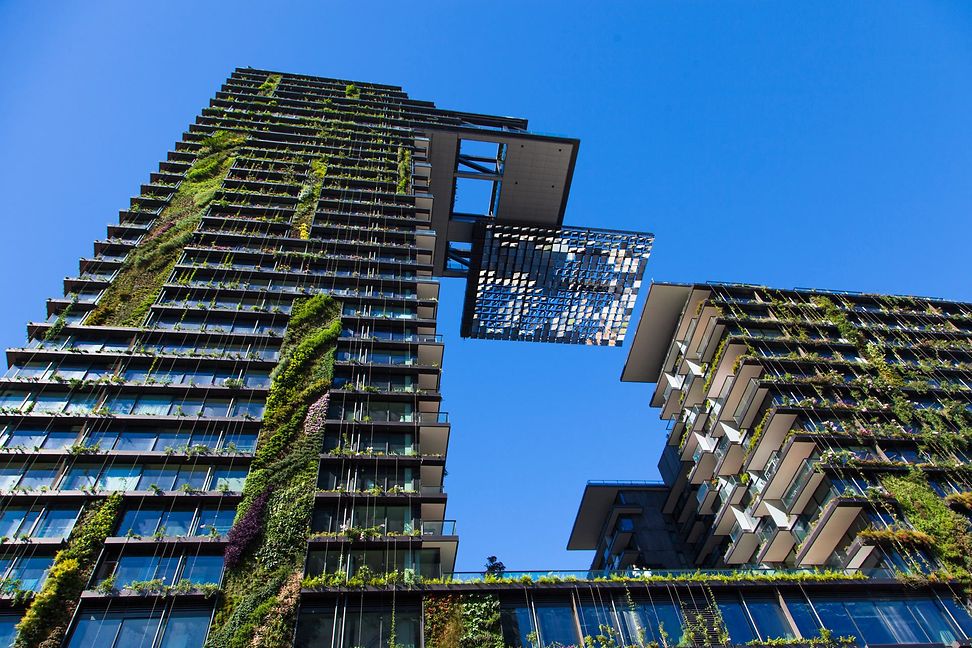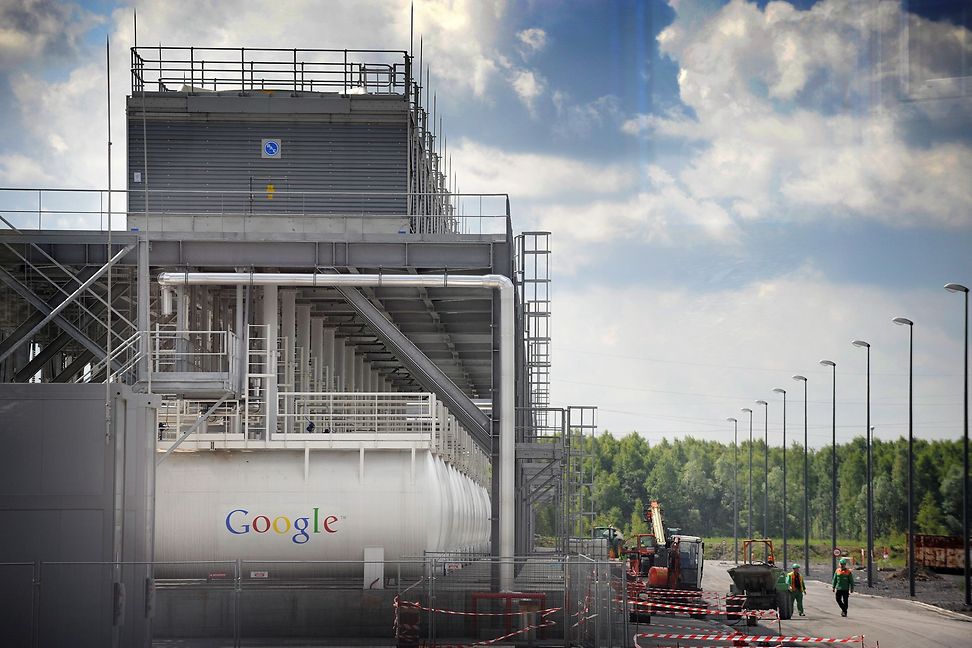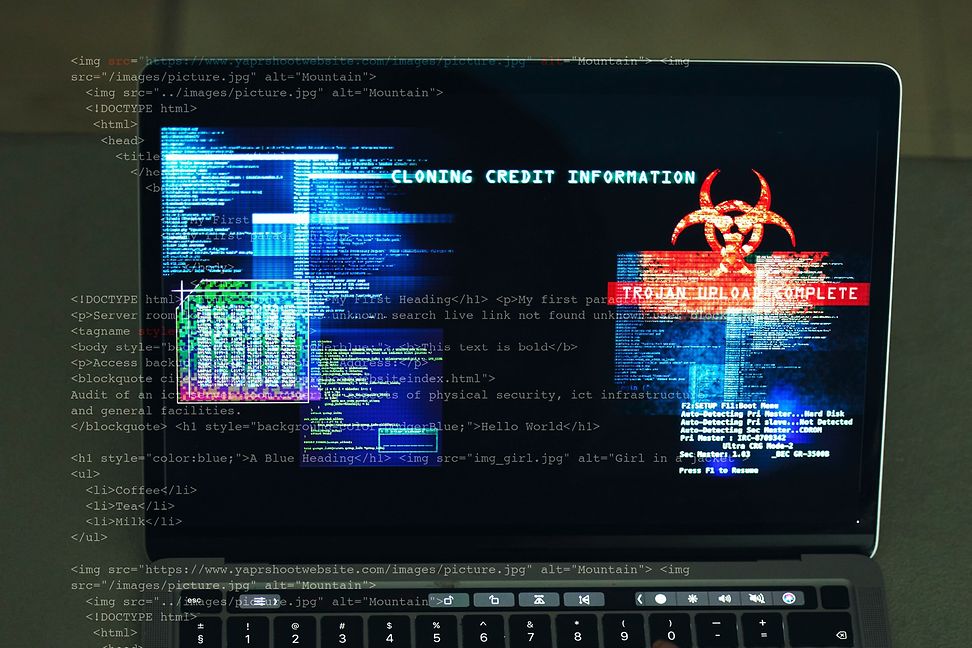在此处更改您的语言和 LGT 位置。
私人客戶的數碼平台
登錄 LGT SmartBanking
金融中介機構的數碼平台
登錄 LGT SmartBanking Pro
解答常見問題 (FAQ)
LGT SmartBanking 幫助
解答常見問題 (FAQ)
LGT SmartBanking Pro 幫助
Artificial intelligence already has a key role in fighting climate change and improving ESG investing. But as AI continues to gain prominence, experts are raising concerns about the associated risks.

Artificial intelligence (AI) is transforming the way we think about sustainability. By automating tasks, assessing large data sets and making predictions, AI not only has the potential to enhance productivity, improve healthcare and increase access to education, it can also contribute to fighting climate change. But, while AI is one of the most powerful tools in the fight against climate change, it is also one of the worst offenders. To pave the way to a truly green digital revolution, companies and governments need to start making conscious choices about how they embrace AI.
AI refers to systems or machines that perform tasks that typically require human intelligence. In its simplest form, it is a field which, as IBM puts it, "combines computer science and robust datasets to enable problem-solving."

When it comes to sustainability, the need to solve problems rings truer today than ever before. The world is experiencing a triple planetary crisis of climate change, pollution and biodiversity loss. AI is increasingly being used by governments and companies to help tackle these issues - by assessing their environmental impact, improving their social responsibility and strengthening governance outcomes.
In the world of environmental, social and governance (ESG) investing, AI is being leveraged to analyse historical and real-time data. This enables investors to measure and compare metrics across companies, industries and regions, which is particularly helpful when dealing with the huge volumes of data that can be material to ESG investing.

On the environmental front, energy efficiency is a key factor for reducing greenhouse gas emissions. By using data from smart meters, weather forecasts and other sources, AI algorithms can learn the patterns and behaviours of energy users and adjust appliance settings to minimise energy waste. With approximately 38 per cent of emissions originating from buildings, and 40 per cent to 50 per cent of building emissions related to heating or cooling systems, this represents a sizeable opportunity.
AI can also be used to reduce emissions by improving the reporting of Scope 1 and 2 emissions. Scope 1 and Scope 2 represent emissions from a company's direct operations as well as its energy and heat consumption. Other examples include optimising supply chains, promoting sustainable manufacturing processes as well as improving climate modelling.
PricewaterhouseCoopers UK estimates that using AI for environmental applications could contribute up to USD 5.2 trillion to the global economy in 2030. It also estimates that greenhouse gas emissions could be reduced by 4 per cent in 2030 - the equivalent of the 2030 annual emissions of Australia, Canada and Japan combined.

On the social front, there are significant productivity gains to be made by adopting AI. A recent study by academics at Stanford and MIT concluded that "AI assistance improves customer sentiment, reduces requests for managerial intervention, and improves employee retention".
Generative AI tools can also be used by the public to broaden knowledge across a vast swathe of topics, providing potential benefits to society. According to the Deloitte Center for Health Solutions, surveys indicate that health organisations are already recognising the potential of generative AI. Some 75 per cent of leading health care companies are experimenting with or planning to scale generative AI across the enterprise and 82 per cent have or plan to implement governance and oversight structures for generative AI.
As AI continues to gain prominence, experts are raising concerns about the risks it brings with it. According to research reported in the journal, Nature, while AI may act as an enabler on 134 targets across all Sustainable Development Goals, 59 of those targets may experience a negative impact from the development of AI.
To that end, debate has intensified over whether AI truly has the potential to facilitate development or whether it is more likely to perpetuate inequality. Commonly cited risks include the environmental impact of energy-intensive AI systems, structural job losses, as well as the potential for reputational damage, political risk and market disruptions from inaccurate information.

While AI can be used as part of sustainability efforts, the computation required to train AI models incurs a huge amount of energy. This, in turn, comes at an environmental cost. Globally, the carbon footprint for data centres is estimated to be more than 2 per cent of global carbon emissions. This number is expected to rise to 3.2 per cent by 2025 and 14 per cent by 2040. And research firm Gartner Inc has forecasted that "by 2025, without sustainable AI practices, AI will consume more energy than the human workforce, significantly offsetting carbon-zero gains".
In its Future of Jobs Report 2023, the World Economic Forum predicted that up to 26 million jobs worldwide by 2027 could be lost to digitalisation and automation. This is in the context of a total of 83 million jobs that it expects to be lost over the next five years versus jobs growth of 69 million. According to Accenture, 40 per cent of all working hours could be impacted by AI. Industry experts believe that significant structural job losses could put considerable strain on governments, given their requirement to financially support under- and unemployed people.

A recent report by the International Monetary Fund acknowledges the utility of AI, but also points to a range of risks in the application of this technology for the financial sector. These include privacy concerns, cyber threats and "potential for creating new sources and transmission channels of systemic risks." These could include threats to financial sector stability.
To tackle the environmental impact of AI, the author and business and technology adviser Bernard Marr suggests that companies can reduce their carbon footprint by storing data in more carbon-friendly regions of the world, such as data centres that run on hydroelectricity.

As much of the energy usage by AI models occurs during the 'training' phase, scientists are looking at ways to reduce the need for huge amounts of training data, which should translate into energy savings.
While AI remains largely unregulated, the US and the European Union (EU) are drawing up new regulations. The US has provided a Blueprint for an AI Bill of Rights, and the EU has proposed an Artificial Intelligence Act. In October 2023, the United Nations Secretary-General announced the creation of a new AI advisory board on risks, opportunities and international governance of AI. This body will support the international community's efforts to govern AI.
Thinking, managing and investing sustainably are integral parts of our DNA. Our owner, the Princely Family of Liechtenstein, recognized early on how important sustainability is for our environment, society and future. As a family-run and sustainable private bank, we are committed to the Paris Climate Agreement, the United Nations Sustainable Development Goals and a sustainable financial sector.